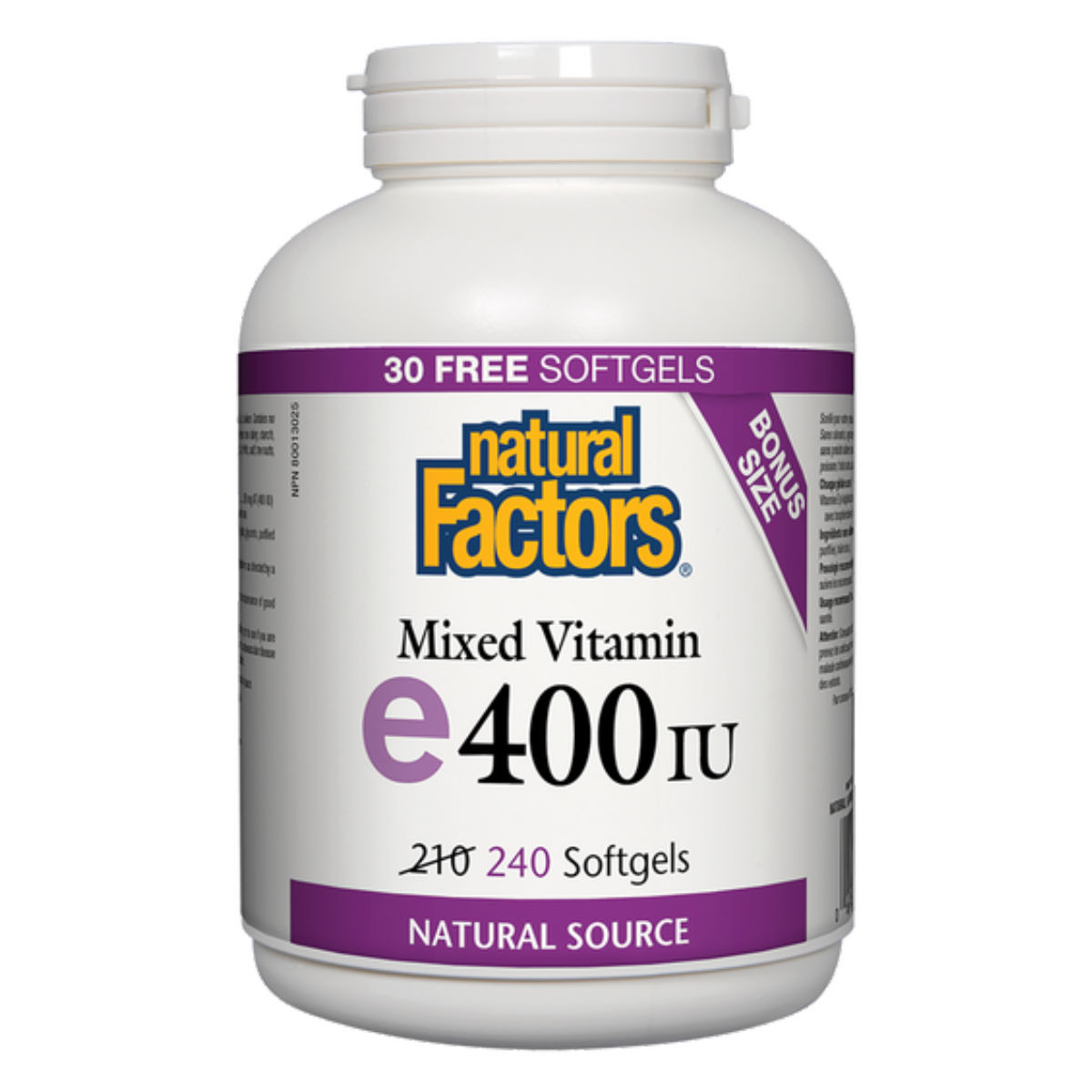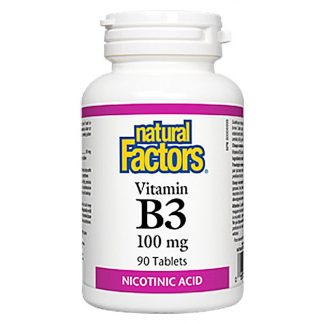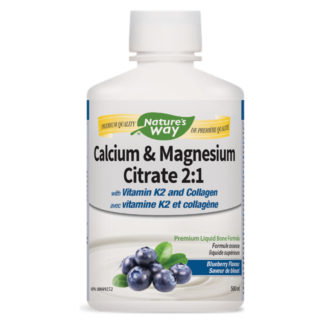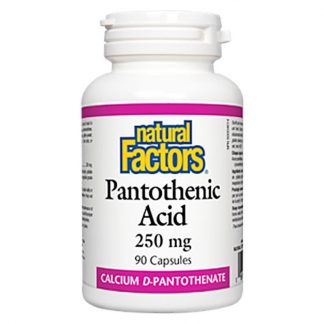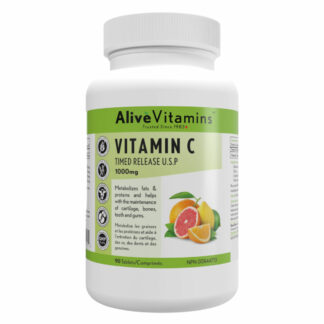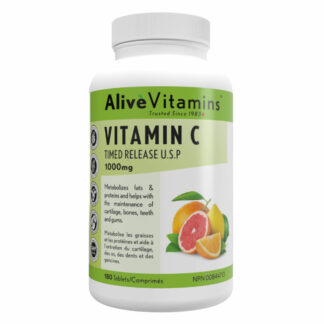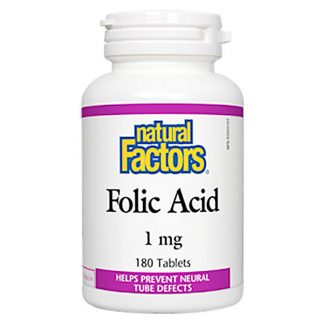Vitamin E is a fat-soluble vitamin that is comprised of a group of eight compounds: four tocopherols and four tocotrienols. Vitamin E activity is most often attributed to the d-alpha tocopherol form; however, research shows that beta-, gamma-, and delta-tocopherols also have significant biological activity in the body. Gamma-tocopherol has specifically been shown to exhibit superior anti-inflammatory and antioxidant properties.
Natural Factors Mixed Vitamin E contains d-alpha tocopherol, along with beta-, delta-, and gamma- tocopherols. D-alpha tocopherol, the most potent tocopherol, is natural and is more available for use in the body than its synthetic counterpart dl-alpha tocopherol. Mixed vitamin E tocopherols enhance the anti-inflammatory and antioxidant activity of a single tocopherol vitamin E.
Vitamin E is primarily known for its powerful antioxidant benefits. It helps to protect cell membranes against damage caused by free radicals and prevents the oxidation of LDL (“bad”) cholesterol. Oxidized LDL cholesterol contributes to the development of atherosclerosis, which inhibits normal circulation of oxygenated blood to the tissues.


